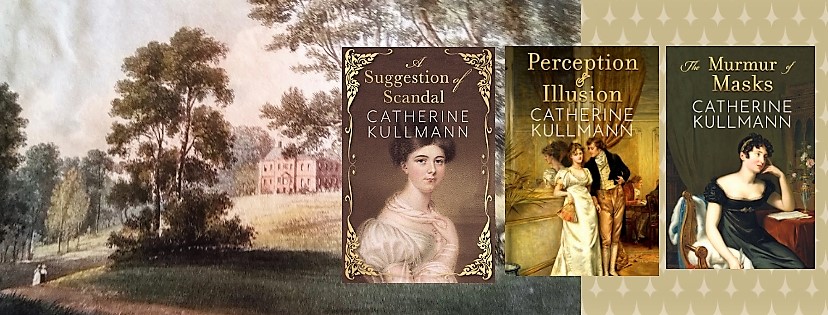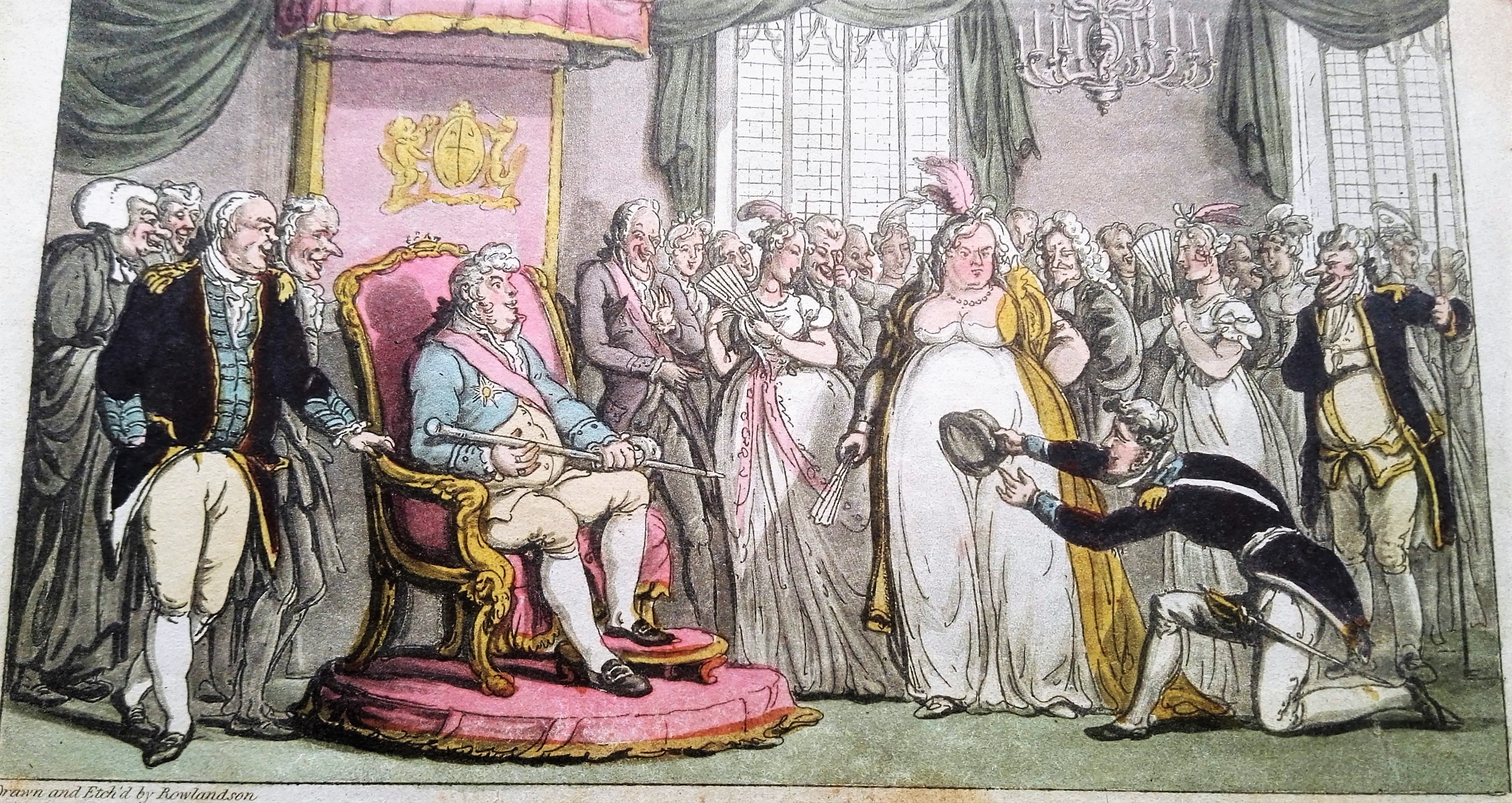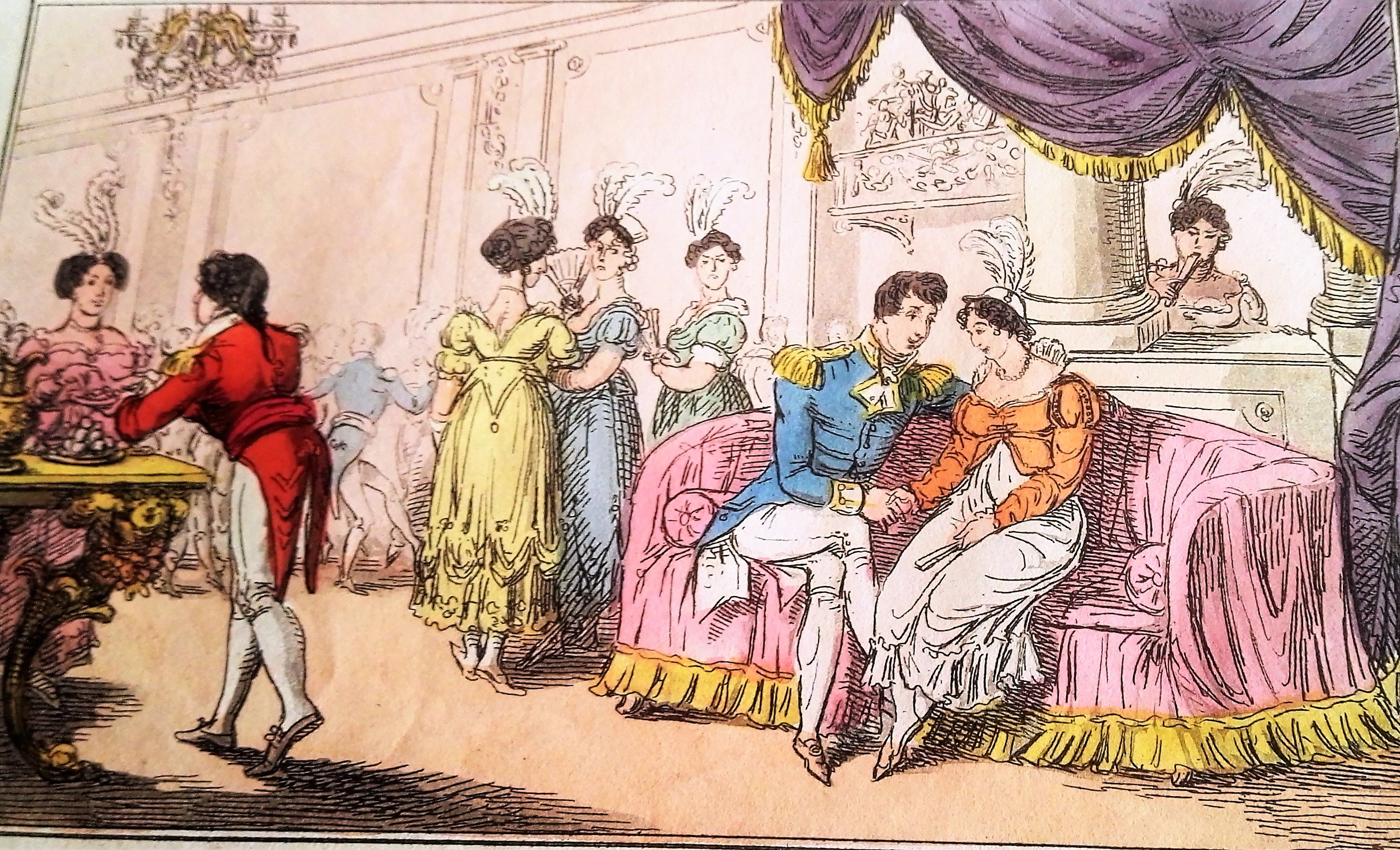Today, I’m pleased to Welcome Catherine Kullmann to the Showcase.
My name is Catherine Kullmann and I write historical fiction.
What is the attraction of historical fiction? First, it takes us out of ourselves—transports us to an unfamiliar society recreated partly from familiar facts and partly from a myriad of tiny, new details so that it seems as real to us as our world of today. The setting rings true and the characters’ actions are determined by the laws, morals and customs of their time, not ours. Sometimes this horrifies us; at other times we find it liberating and long for more romantic, more adventurous, perhaps simpler bygone days.
Contemporary fiction instinctively reflects/portrays the world as it is at the time of writing. Historical fiction considers the past through the prism of the present, the author drawing on research rather than personal experience to create an authentic setting and story. But, while we cannot forget what we already know—that Germany lost both world wars, that the Allies under Wellington won the Battle of Waterloo or that Anne Boleyn was beheaded, for example, when we read the right author we are willing to suspend this knowledge, becoming so caught up in the story that we experience those events as if they were happening today. No matter how well we think we know a period or an event, there is always something new to discover. Within the grand story arcs there are frequently gaps in the known narrative that informed imagination can fill while the stories of fictional characters help bring the past to life.
Historical fiction informs us about the past. It provides insights into yesterday and helps us understand today. It encourages us to persevere or warns us to change direction. It can reveal past, hidden wrongs, teach us to value the struggles of those who went before us and inspire us to preserve and build upon their achievements.
With history becoming more and more a niche subject at schools and universities, it is historical fiction that offers millions of readers a connection to the past, a past which casts long shadows.
My books are set at the turn of the nineteenth century in the extended Regency period. The simplest way to describe it is ‘the period between hoops and crinolines’. Beautiful Empire gowns, light muslins, gentlemen in severely tailored riding clothes and highly polished boots, Mr Darcy and Elizabeth Bennet, waltzes, quadrilles and the Battle of Waterloo. But it is so much more than that. Although the actual Regency during which the Prince of Wales (later King George IV) acted as regent for his father, the incapacitated King George III, lasted only from 1811 to 1820, the Regency era, characterised by distinctive trends in British architecture, literature, fashions, politics, and culture could be said to cover the period from the Prince’s marriage in 1795 to the death of his successor King William IV in 1837.
The events of this significant period of European and American history still resonate after two hundred years. The Act of Union between Great Britain and Ireland of 1800, the Anglo-American war of 1812 and the final defeat of Napoleon at the Battle of Waterloo in 1815 all continue to shape our modern world. At the same time, the ruling aristocracies were being challenged by those who saw the need for social and political reform, while the industrial revolution which led to the transfer of wealth to the manufacturing and merchant classes was underway. Women, who had few or no rights in a patriarchal society had begun to raise their voices, demanding equality and emancipation.
Following the collapse of the Treaty of Amiens in 1803, the United Kingdom was at war with Napoleonic France until 1815. Unlike other combatants in this long war, Britain was spared the havoc wrought by an invading army and did not suffer under an army of occupation. War was something that happened elsewhere, far away. For twelve long years, ships carrying fathers, husbands, sons and brothers sailed over the horizon and disappeared. Over three hundred thousand men did not return, dying of wounds, accidents and illness. What did this mean for those left behind without any news apart from that provided in the official dispatches published in the Gazette and what little was contained in intermittent private letters? How long did it take, I wondered, for word of those three hundred thousand deaths to reach the bereaved families? How did the widows and orphans survive? What might happen to a girl whose father and brother were ‘somewhere at sea’ if her mother died suddenly and she was left homeless?
My novels are set against this backdrop of an off-stage war in a patriarchal world where women had few or no rights or opportunities and were open to abuse and exploitation by those whom society expected to protect them. They had very little security but were held to an impossibly high moral standard. There were only two sorts of women, good and bad, and a lost reputation could never be redeemed. My characters and their stories are fictional but the world in which they live is very real and there are no twenty-first-century solutions to their dilemmas.
My debut novel, The Murmur of Masks, tells the story of Olivia’s struggle to survive and find love in an era of violence and uncertainty. An eternal triangle with a difference, it takes us from the ballrooms of the Regency to the battlefield of Waterloo.
In Perception & Illusion, published in March 2017, Lallie Grey, cast out by her father for refusing the suitor of his choice, accepts Hugo Tamrisk’s proposal, confident that he loves her as she loves him. But Hugo’s past throws long shadows as does his recent liaison with Sabina Albright. All too soon, Lallie must question Hugo’s reasons for marriage and wonder what he really wants of his bride.
In my new book, A Suggestion of Scandal, governess Rosa Fancourt finds her life and future suddenly at risk when she surprises two lovers in flagrante delicto. Even if she escapes captivity, the mere suggestion of scandal is enough to ruin a lady in her situation. In Sir Julian Loring she finds an unexpected champion but will he stand by her to the end?
Here is an excerpt from The Murmur of Masks. It is May 1814. Napoleon has escaped from Elba and rules again as Emperor. Luke Fitzmaurice has joined his regiment in Brussels.
~~~~
Lieutenant Jaspers was a dark, intense young man, not yet twenty. Despite his tender age, he had spent over nine years in the military and had served with distinction in the Peninsula. He did not blink when presented with a raw ensign some eleven years his senior but made Luke welcome.
“Glad to have you,” he said cheerfully. “We had a stroke of luck, I can tell you. We set out for America twice, but each time were forced back as the wind was against us. Imagine missing the chance of another crack at Boney! Now what do you say to a bite of dinner followed by a stroll in the park? Then we may see how we shall spend the evening.”
After the hectic scramble to make everything ready in England, it seemed somehow ridiculous to saunter in the sunshine exchanging greetings with the very same ladies to whom he had bowed a year previously in London.
“I say, Mr Fitzmaurice, do you know everyone?” his companion asked, awed by the flutter Luke’s appearance had caused among the fair sex.
“I’ve been on the town longer than you have been in the military,” Luke replied, amused, halting beside Lady Holton’s landau.
“Whatever are you doing here, Mr Fitzmaurice?” she cried after the exchange of greetings and introductions. “And in regimentals, too! Are you free this evening? You must come to my ball. And Lieutenant Jaspers as well,” she added kindly. “Where are you staying? I shall have cards sent round instanter with my direction.”
She drove off leaving the lieutenant in as hapless a state as Luke had been on the boat to Ostende.
“I know how to behave at the various hops we had in the Peninsula and attended some assemblies at home last winter, but I’ve never been to what you might call a ton ball,” he said frankly.
“You won’t find it very different,” Luke consoled him. “Wear your dress uniform and be on your best behaviour. It’s more than likely you will know some of the other officers who will be among the guests and as long as you do not consider yourself too proud to dance, you will do very well. We may go together if you like.”
“I should indeed,” the other said gratefully.
The lieutenant proved very much in demand among the young ladies, his tough, wiry physique, set off by features that had been refined and hardened by the rigours of the Peninsula campaign, proving a dangerous attraction to girls more used to pampered young officers who had barely seen service.
“Your friend has all our young maidens in a flutter,” Lady Holton remarked to Luke as they took a glass of champagne together. They were old companions; she had been one of his flirts some years ago and while their more intimate connection had ceased, a warm friendship remained.”
“I only met him today,” Luke answered. “You wouldn’t think it to look at him, but he was at Badajoz when the 52nd stormed it.”
“I am very grateful to him, for his dancing of every dance has, I think, spurred others on so as not to be cut out with their current interests.”
Luke was having a similar effect among the matrons; several officers who had set up flirts among the married women being quite put out at this ensign who was greeted with such warmth and clearly had his choice of partners.
“Who the devil is he?” a major muttered to a captain. “Damned dandy,” he added rather unfairly as Luke led out a lady of whom he himself had great hopes. “Here, sir,” he said to Mr Jaspers who was about to take the floor with Lady Holton’s niece. “Who’s your friend?”
“Oh, that’s Mr Fitzmaurice of ours,” the lieutenant responded coolly. “A capital fellow.”
~~~~
You can find out more about me at my website www.catherinekullmann.com/ where, in my Scrap Album, I blog about historical facts and trivia relating to the Regency or on my Facebook page fb.me/catherinekullmannauthor
Mt books are available worldwide from Amazon as e-books and paperback. Amazon links include:
Amazon.com: https://goo.gl/J3hRIf
Amazon UK: http://amzn.to/2n9Ljxi
Thanks, for a great post, Catherine. I hope you all enjoyed it.
While you’re here, why not have a look around the site? There are FREE things and a whole lot more, just follow the links at the top of the page.
If you want to be featured in a future Showcase, where you can write about whatever (within reason) you want, then please let me know. Use the comment box below and I’ll get back to you.
You can catch up on previous Showcase posts by clicking HERE
Don’t miss next Thursdays Showcase post, and my musings every Monday. As it’s now NaNo time, I will be delving into the archives on Monday.
Have a great week,
Richard.
![]()





